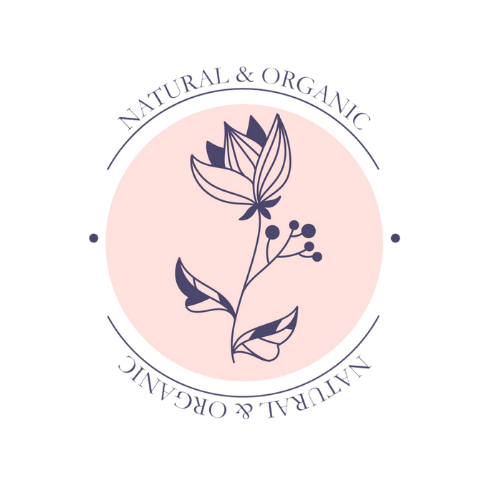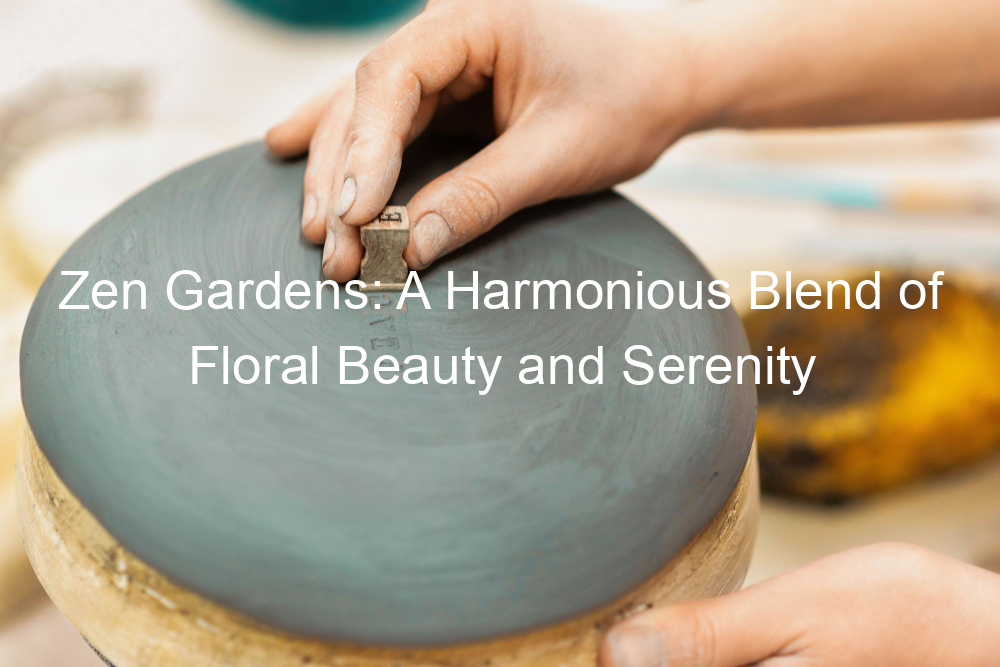Introduction to Echinacea: A Powerful Healing Herb
Welcome to our exploration of Echinacea, a powerful healing herb that has been used for centuries to promote health and wellness. In this post, we will dig into the fascinating history and origin of Echinacea, and discover why it is so highly regarded in the world of natural remedies.
-
- Overview of Echinacea
Echinacea is a type of flowering plant that belongs to the daisy family. There are nine species of Echinacea, but only three (Echinacea angustifolia, Echinacea pallida, and Echinacea purpurea) are used medicinally. Known for its beautiful purple flowers, Echinacea is not just a pretty face – it’s also a powerful healing herb. It’s most commonly used to boost the immune system and fight infections, but its benefits extend far beyond that.
-
- History and Origin of Echinacea
Echinacea has a rich history that dates back hundreds of years. It was first used by the Native Americans of the Great Plains region, who recognized its healing properties and used it to treat a variety of ailments, from coughs and colds to snake bites. The plant was introduced to the Western world in the 18th century and quickly gained popularity as a powerful natural remedy. Today, Echinacea is grown all over the world, and its healing properties are recognized and respected globally.
In the following sections, we will delve deeper into the power of Echinacea, explore some common Echinacea herbal remedies, and discuss the benefits of healing herbs in general. So, stay tuned to learn more about this incredible plant and how it can enhance your health and wellbeing.
The Power of Echinacea
When it comes to natural healing, few herbs are as powerful as Echinacea. This remarkable plant, native to North America, has been used for centuries by indigenous tribes to treat a variety of ailments. Modern science has since confirmed many of these traditional uses, shedding light on the incredible healing properties of Echinacea.
Echinacea Healing Properties
Echinacea is packed with potent compounds that contribute to its healing power. Let’s delve into three key properties that make this herb a go-to for natural health enthusiasts.
-
- Boosting the Immune System
Echinacea is renowned for its ability to strengthen the immune system. It increases the activity of white blood cells, our body’s primary defense against harmful invaders. This makes it an excellent ally during cold and flu season, helping to fend off these common illnesses.
-
- Fighting Infections
Thanks to its antimicrobial properties, Echinacea can help fight various infections. It’s particularly effective against respiratory tract infections, making it a valuable remedy for conditions like bronchitis and sinusitis.
-
- Reducing Inflammation
Echinacea is also a powerful anti-inflammatory agent. It can help reduce inflammation in the body, which is beneficial for conditions like arthritis and other inflammatory diseases. It’s also helpful in soothing skin conditions such as eczema and psoriasis.
To sum up, the power of Echinacea lies in its versatile healing properties. Whether you’re looking to boost your immune system, fight off an infection, or reduce inflammation, this remarkable herb has got you covered. Remember, though, while Echinacea is a powerful natural remedy, it’s always important to consult with a healthcare professional before starting any new treatment regimen.
Scientific Studies on Echinacea
Scientific research has been conducted to explore the power of Echinacea in treating various health conditions. Let’s delve into two significant studies that highlight the effectiveness of this healing herb.
-
- Study 1: Echinacea and the Common Cold
One of the most well-known uses of Echinacea is in treating the common cold. A study conducted by the University of Connecticut combined findings from 14 different studies and concluded that Echinacea can reduce the chances of catching a common cold by 58%. It was also found to reduce the duration of a cold by approximately 1.4 days. This is a significant finding that emphasizes the power of Echinacea in boosting our body’s defense system.
-
- Study 2: Echinacea and Immune Health
Another study focused on the impact of Echinacea on our immune health. The researchers found that Echinacea contains several chemicals that play a crucial role in boosting our immune system. These chemicals increase the production of white blood cells, which are responsible for fighting infections in our body. This study confirms the traditional belief about the immune-boosting properties of Echinacea.
| Study | Findings |
|---|---|
| Echinacea and the Common Cold | Reduces the chances of catching a common cold by 58% and reduces the duration of a cold by 1.4 days. |
| Echinacea and Immune Health | Boosts the immune system by increasing the production of white blood cells. |
These scientific studies provide strong evidence supporting the healing power of Echinacea. Whether it’s fighting a common cold or strengthening our immune system, Echinacea proves to be a powerful healing herb.
Echinacea Herbal Remedies
Echinacea, a powerful healing herb, is often used in various forms for its numerous health benefits. Here, we will explore three common ways to use Echinacea for healing.
How to Use Echinacea for Healing
There are several ways to use Echinacea for healing purposes. Here are three of the most common methods:
- Echinacea Tea:Echinacea tea is a popular herbal remedy that can be consumed daily. To prepare, simply steep the Echinacea leaves or flowers in hot water for 10-15 minutes. This tea is known to boost the immune system and fight off colds and flu.
- Echinacea Tincture:Echinacea tincture is a concentrated liquid extract. It is often used for its antiviral and antibacterial properties. To use, add a few drops of the tincture to water or juice and consume 2-3 times daily.
- Echinacea Capsules:Echinacea capsules are a convenient way to reap the benefits of this powerful herb. They are typically taken once or twice daily, depending on the strength of the capsule. They are known to help with respiratory infections and other immune-related issues.
Bear in mind, it’s vital to consult with a healthcare professional before starting any new herbal remedy. They can provide guidance on the right dosage and method of consumption for you.
Precautions and Side Effects
While Echinacea is a powerful healing herb, it’s important to understand that it may not be suitable for everyone. There are certain precautions to consider and potential side effects to be aware of.
-
- Who Should Avoid Echinacea
Firstly, individuals with certain health conditions should avoid using Echinacea. These include people with autoimmune disorders like lupus, rheumatoid arthritis, or multiple sclerosis. This is because Echinacea can stimulate the immune system and may worsen these conditions.
Also, those who are allergic to plants in the daisy family should avoid Echinacea as it could trigger allergic reactions. Pregnant and breastfeeding women are also advised to avoid Echinacea as there isn’t enough reliable information about the safety of taking Echinacea during pregnancy or breast-feeding.
-
- Possible Interactions
Echinacea may interact with certain medications. For instance, it can interact with medications that decrease the immune system (Immunosuppressants). Taking Echinacea along with these medications might decrease their effectiveness.
Furthermore, Echinacea can also interact with caffeine and slow its breakdown in the body. This can increase the side effects of caffeine including jitteriness, headache, fast heartbeat, and others. So, if you take any medication regularly, it’s important to consult with your healthcare provider before starting Echinacea.
While Echinacea is a beneficial herb, it’s important to use it wisely and consult with a healthcare provider if you have any concerns or questions. Keep in mind, natural doesn’t always mean safe, and it’s essential to consider the potential risks along with the benefits.
The Benefits of Healing Herbs
Healing herbs have been a cornerstone of natural health and wellness for centuries. Among these, Echinacea stands out for its remarkable benefits. Let’s delve into how Echinacea compares to other healing herbs.
Comparing Echinacea to Other Healing Herbs
While there are many healing herbs, Echinacea holds a unique place. Let’s compare it with two popular healing herbs: Ginseng and Elderberry.
-
- Echinacea vs. Ginseng
Ginseng is well-known for its energy-boosting properties. However, Echinacea shines in its ability to boost the immune system. Studies have shown that Echinacea can reduce the chances of catching a common cold by 58%. It’s also known to reduce the duration of the cold by about a day and a half. Ginseng, while beneficial, doesn’t have the same level of evidence supporting its immune-boosting properties.
-
- Echinacea vs. Elderberry
Elderberry is another herb celebrated for its immune-boosting properties. Like Echinacea, it’s often used to help fight off colds and flu. However, Echinacea has a broader range of benefits. In addition to its immune-boosting properties, Echinacea is also used to combat skin problems like acne and boils. Elderberry, while helpful in boosting immunity, doesn’t offer the same range of benefits.
While Ginseng and Elderberry are beneficial, Echinacea proves to be a more versatile healing herb. Its unique combination of immune-boosting and skin-healing properties sets it apart from other herbs.
Integrating Healing Herbs into Your Lifestyle
Healing herbs like Echinacea have been used for centuries to promote health and wellness. There are many ways you can integrate these powerful plants into your everyday life. Here are three simple methods to get you started:
-
- Herbs in Cooking
Adding healing herbs to your meals is a delicious way to boost your health. For instance, Echinacea can be used in soups, salads, and even desserts. It not only enhances the flavor of your dishes but also provides numerous health benefits. According to a study, regular consumption of Echinacea can strengthen your immune system and help fight off common colds.
-
- Herbs in Tea
Herbal teas are a comforting way to enjoy the benefits of healing herbs. Echinacea tea, for example, is known for its soothing qualities and can help alleviate symptoms of cold and flu. To make Echinacea tea, simply steep the dried herb in boiling water for 10-15 minutes. Enjoy a cup of this healing brew daily for optimal health benefits.
-
- Herbs in Supplements
If you’re looking for a convenient way to incorporate healing herbs into your lifestyle, consider taking supplements. Echinacea supplements are readily available in the form of capsules, tablets, and tinctures. They offer a concentrated dose of the herb’s healing properties and can be a great addition to your daily wellness routine. However, always consult your healthcare provider before starting any new supplement regimen.
Indeed, integrating healing herbs like Echinacea into your lifestyle can be simple and beneficial. Whether you choose to add them to your meals, enjoy them in a cup of tea, or take them as supplements, these powerful plants can significantly enhance your health and wellbeing.
Conclusion: Embrace the Natural Healing of Echinacea
As we reach the end of our journey exploring the wonders of Echinacea, it’s time to reflect on the key insights we’ve gathered. This powerful herb, steeped in history and backed by modern science, offers a wealth of health benefits.
-
- Recap of Echinacea Benefits
Echinacea, a native North American coneflower, has been a staple in herbal medicine for centuries. Its healing properties have been recognized for their ability to boost the immune system, fight off infections, and reduce inflammation. Studies have shown that Echinacea can reduce the chances of catching a common cold by 58% and shorten the duration of a cold by 1.5 days.
Moreover, Echinacea is a potent antioxidant, helping to protect our cells from damage. It also promotes skin health, reducing wrinkles and age spots. With its natural anti-anxiety effects, Echinacea can also help manage mental health.
-
- Final Thoughts on Herbal Medicine
The world of herbal medicine is vast and fascinating. Echinacea is just one example of how nature provides us with powerful remedies. It’s a testament to the fact that sometimes, the best medicine comes not from a lab, but from the earth itself.
As we continue to explore and understand the power of herbal medicine, it’s crucial to remember the importance of balance and moderation. While herbs like Echinacea can offer significant health benefits, they should be used as part of a holistic approach to health and wellness, complementing a balanced diet, regular exercise, and good sleep habits.
Embracing the natural healing of Echinacea can be a step towards a healthier, more balanced life. As always, consult with a healthcare professional before starting any new health regimen. Here’s to your health and wellness!






